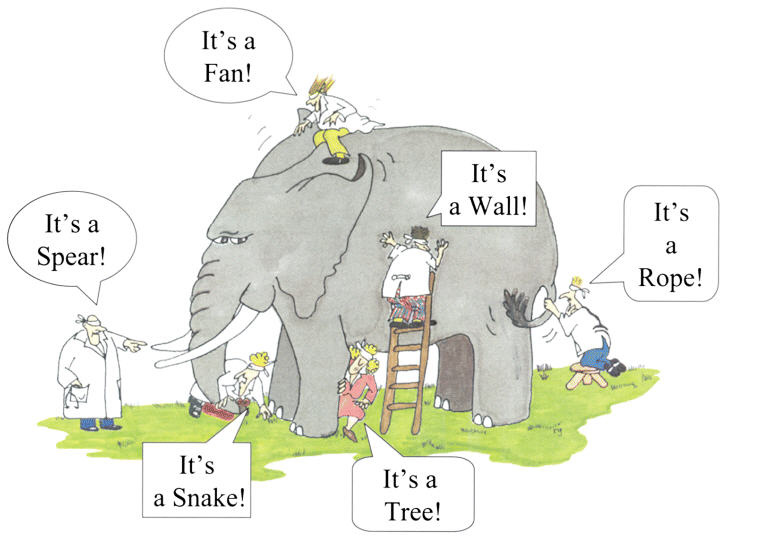iamwhatiseem
Diamond Member
A dog's smile..When Jesus stood before Pilate, Pilate asked Jesus, "What is truth?" The gospels do not give us Jesus' reply. So I present the question to you. In your opinion, what is truth?
Actually dogs grin, but they don't smile.


